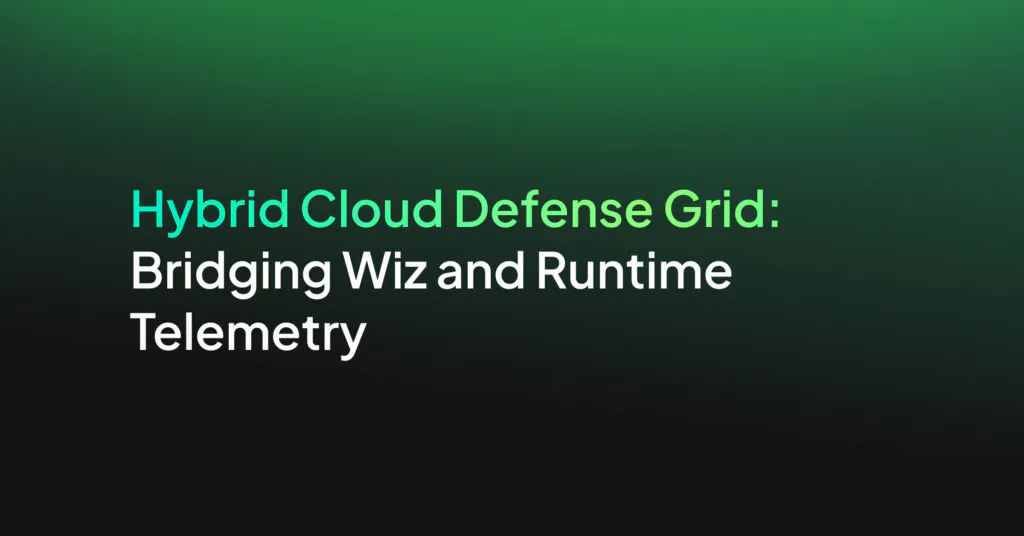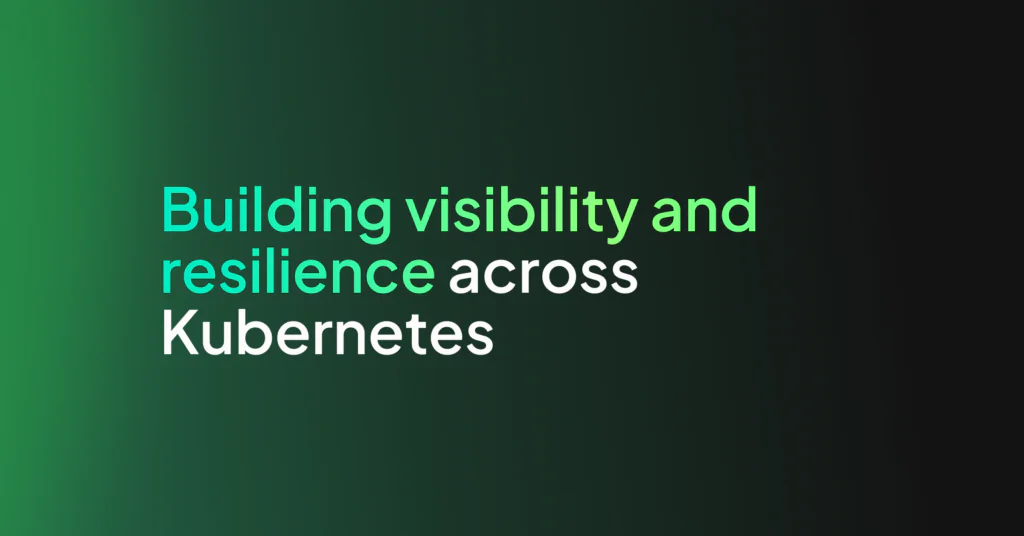The Digital Operational Resilience Act (DORA) is coming – are you ready?

As the official implementation date approaches for the Digital Operational Resilience Act (DORA) – financial institutions and their information and communication technology (ICT) service providers, across the European Union are gearing up for a significant shift in their operational landscape. In this article we will dive into what DORA is, why it matters, whether it’s applicable to non-financial organizations, even those outside of the EU, and how modern observability solutions like Coralogix can help you not just comply, but thrive in this new regulatory environment.
What is DORA and when does it take effect?
The Digital Operational Resilience Act (DORA), set to take effect on January 17, 2025, represents a paradigm shift in EU financial sector regulation. It establishes a comprehensive framework for digital resilience, addressing the growing technological dependencies and cyber threats in the financial industry.
What is DORA trying to accomplish?
This legislation is aimed towards ensuring financial organizations are taking the necessary measures to prevent and avoid any harmful impact on customers and economies in general, that might arise from cyber or operational issues occurring in the digital landscape. Here are some of the key goals of DORA:
- Harmonized regulation: DORA creates a standardized approach across the EU, replacing the current patchwork of national regulations.
- Expanded scope: It applies to a wide range of financial entities, from traditional banks to emerging fintech and crypto-asset service providers.
- Proactive resilience: DORA emphasizes prevention and preparedness, moving beyond reactive cybersecurity measures.
- Cross-sector impact: By strengthening the financial sector’s resilience, DORA aims to protect the broader economy from ICT-related disruptions.
- Innovation enabler: A robust digital resilience framework supports safe adoption of new technologies in finance.
Is DORA applicable to non-financial organizations, even those outside of the EU?
While DORA is a European regulation, it doesn’t directly affect financial institutions and companies outside the EU. However, if those companies provide services to European financial institutions, they might still have to follow it. This rule applies to ICT (Information and Communication Technology) service providers for financial institutions in Europe. ICT services cover a broad range of digital and data services like cloud computing, software services, data storage, and communication systems. If the services provided by ICT suppliers are seen as “critical” under DORA, they might have to meet more requirements, including following the European regulator’s rules.
Which “ICT services” are subject to DORA regulation?
ICT services under DORA are broadly defined to include all information and digital services provided through ICT systems, either internally or externally. This includes cloud services, software-as-a-service (SaaS), cybersecurity, fintech services, payment platforms, data analysis, and big data services. Importantly, DORA also covers hardware services provided in conjunction with digital services, except for traditional analog telephone services. The regulation impacts a wide range of sectors, including:
- Cybersecurity companies
- SaaS providers
- Cloud service providers
- Fintech and payment companies
- Data and analytics firms, especially those providing services like fraud detection and risk management
- Providers of infrastructure services such as data storage or management
What qualifies an ICT service as “critical”?
An ICT service provider may be classified as “critical” under DORA if its failure could seriously disrupt a financial institution’s performance, integrity, or operational continuity. European regulators consider factors like:
- The impact of service failure on the financial system’s performance.
- The difficulty of replacing the ICT service provider.
- The number of financial institutions relying on that provider
What obligations apply to ICT service providers?
While most of DORA’s obligations directly affect financial institutions, ICT service providers are indirectly affected. Financial entities must manage their ICT risks, which involves ensuring that ICT providers meet high standards for:
- Information security
- Incident reporting and handling
- Cooperation with regulators
- Participation in cybersecurity training
- Business continuity planning
Transform DORA compliance into a competitive advantage with Coralogix
While DORA aims to create a more secure, resilient, and trustworthy EU financial sector, capable of withstanding the evolving challenges of the digital age, it can be challenging to be fully compliant. Fortunately, Coralogix’s full-stack observability platform offers tailored features to address DORA’s key requirements:
- Unified observability and security for comprehensive risk management
The Coralogix platform provides a unified view of logs, metrics and traces with a robust suite of tools for APM, RUM, SIEM, Infrastructure Monitoring and Log Analytics. This means that both operational and security teams can be granted access to all relevant data that inform them of and allow easy collaboration on potential issues arising anywhere in their environment. Additionally, Coralogix CSPM helps secure cloud posture across all major providers with automated misconfiguration detection. - Advanced threat detection and incident response
Coralogix’s sophisticated and fully customizable alerts significantly reduce mean time to detection (MTTD) for critical incidents. ML-powered anomaly detection allows organizations to automatically identify unusual patterns, helping them catch the unknown unknowns while eliminating false-positives. - Cost-effective compliance and data management
Coralogix TCO Optimizer dramatically reduces observability costs while enabling full visibility into all telemetry data. Coralogix’s unique architecture eliminates the need for indexing or hot storage by performing data analysis in-stream, allowing real-time alerts and rapid querying. By assigning priority levels, financial organizations can index only the most high-priority data in hot storage that are needed for frequent, lightning fast searches. Medium-priority data for alerts and dashboards as well as compliance data can be rapidly queried directly from the organizations own S3 (or other) archive as needed, all without indexing. This approach allows financial organizations to monitor far more data at a far lower cost. - Robust third-party risk management and resilience testing
With hundreds of 3rd party integrations and quick-start extensions, Coralogix customers can hit the ground running and immediately gain visibility into 3rd-party dependencies. Furthermore, Coralogix’s Snowbit expert security team offers managed detection and response (MDR) services with threat hunting, incident response advisory, automated pen tests and more. - True data ownership: A game-changer for DORA compliance
With Coralogix, your data is stored in your own archive storage (e.g. S3, Google Bucket, IBM Cloud Object Storage) so you can meet DORA’s strict data residency requirements effortlessly. Additionally, organizations using Coralogix have complete control over access permissions, encryption, and retention policies. Finally, as all data can be rapidly queried from archive storage, accessing long-term compliance data is both easy and extremely affordable. - Enterprise level access control
The Coralogix SIEM offers robust user, team, and organizational management functionalities, including the creation of teams, Single Sign-On (SSO) with SAML, and Role-Based Access Control (RBAC) with granular permission assignments and audit trails.
Seize the DORA opportunity
As the DORA deadline approaches, financial institutions and ICT providers face a choice: scramble to meet minimum requirements or revolutionize their operational resilience.
With Coralogix, you’re not just complying with DORA—you’re positioning your organization at the forefront of digital resilience. Our comprehensive platform, coupled with true data ownership, provides:
- Unparalleled visibility into your IT ecosystem
- Advanced threat detection and response capabilities
- Streamlined compliance reporting
- Future-proof infrastructure adaptable to evolving regulations
Remember, DORA compliance isn’t a burden—it’s your chance to build a more resilient, efficient, and competitive organization in an increasingly digital world.




